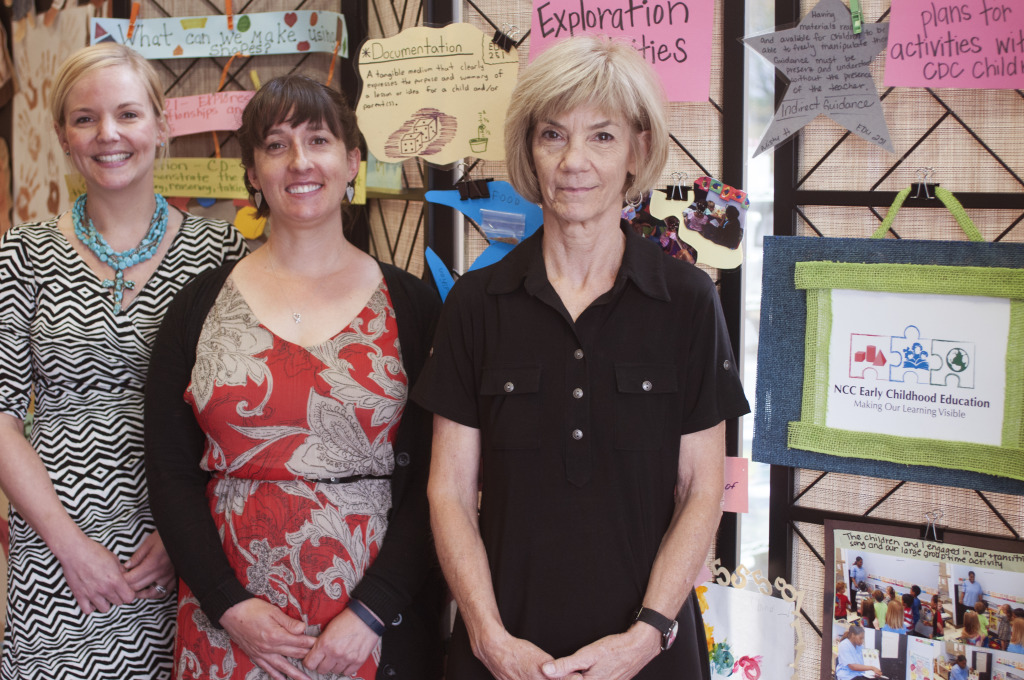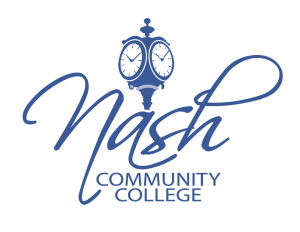NCC Brings Awareness to Problem Gambling
March is Problem Gambling Awareness Month and Nash Community College is building awareness on campus through a variety of activities funded by the North Carolina Problem Gambling Program.
The NCC Student Wellness Center hosts a logo design contest, table events promoting awareness and prevention of Problem Gambling with promotional item giveaways, including a t-shirt with the winning student design, Problem Gambling Awareness and Prevention literature, Problem Gambling screenings, a campaign to create and disseminate student-crafted public service announcements, and in-class presentations and community outreach.
Problem gambling, commonly referred to as a gambling addiction and clinically recognized as a gambling disorder, affects people of all ages, from adolescents as young as 10 to adults in their senior years. Problem Gambling is not a matter of being irresponsible, but an addiction rooted in the brain similar to other types of addictions.
The National Council on Problem Gambling report 1% of U.S. adults meet the criteria for pathological gambling, and another 2-3% are considered problem gamblers. Additionally, research has shown that teenagers and college-aged young adults are more impulsive and at a higher risk for developing gambling disorders than adults. Studies indicate that 6% of college students in the U.S. have a serious gambling problem.
Students with gambling problems are more likely to use tobacco, drugs and alcohol. Many students in treatment for substance abuse may also have a gambling problem. What has been labeled the “hidden addiction” many times can only be exposed through screening tools available for clinicians.
“NCC is grateful to the NCDHHS for the Problem Gambling Program grant. We recognize that many students and community members are affected by problem gambling, which makes the promotion of awareness, prevention, and treatment services extremely important. Problem Gambling is indeed more than a game,” Student Wellness Center Director Marbeth Holmes said.
The North Carolina Problem Gambling Program was established to provide and support effective problem gambling prevention, education, outreach and treatment programs throughout the state. For more information about the free treatment services, visit www.morethanagamenc.com or call (877) 718-5543. If you have any questions regarding the prevention services, contact Alison Drain at (919) 800-8482 or alison.drain@dhhs.nc.gov.









